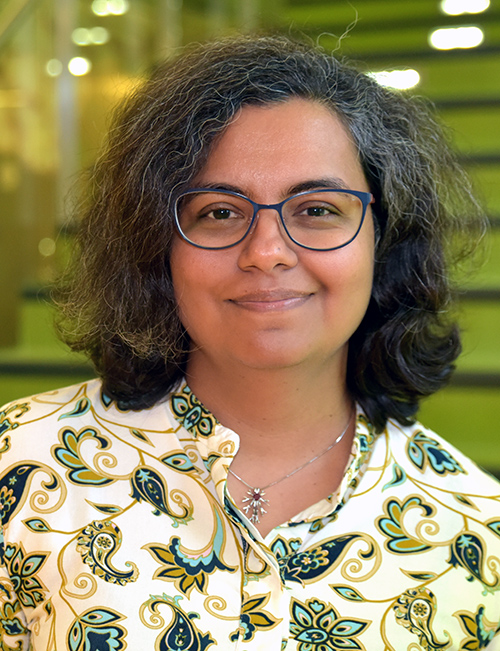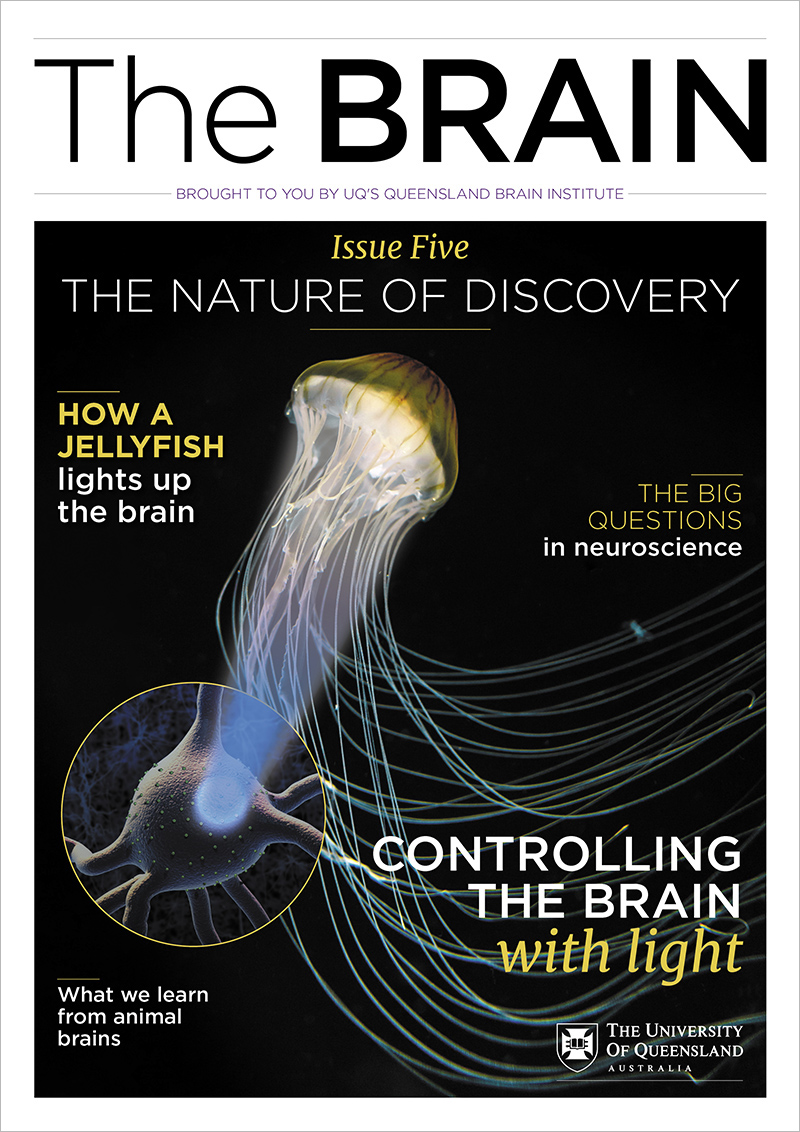For years, the dominant theory on the brain’s adaptiveness held that because the connections were so complex, they would be impossible to replace once formed. In the 1960s, however, the first clues about the brain’s plasticity began to emerge.
“Joseph Altman showed that new cells are made in the brains of adult rats,” says Dr Dhanisha Jhaveri, a senior scientist at UQ’s Queensland Brain Institute. Though these early results were controversial, they were followed by an explosion of research in subsequent decades, including pioneering work by the Institute's founding director, Emeritus Professor Perry Bartlett.
“The studies showed that stem cells reside in the adult mouse brain, and under the right environmental stimuli, these cells will divide and form neurons,” says Dr Jhaveri.
More recently, studies of the hippocampus, a part of the brain critical for memory, suggest that as many as 700 new neurons are added to this region each day.
Dr Jhaveri’s research, in collaboration with Emeritus Professor Bartlett and Professor Pankaj Sah, shows that new neurons also form in the amygdala, a brain structure central to emotional processing, and can integrate into existing brain circuits.
Intriguingly, they discovered that chronic stress disrupts this process and leads to anxiety behaviour in mice. The finding suggests that the formation of new neurons and their correct connectivity is important to healthy brain function.
From such curiosity-driven research also comes the promise of new treatment avenues.
“Understanding how new neurons form connections could lead to new anti-depressants or new anti-anxiety medications,” says Dr Jhaveri. It could also reveal ways to encourage brain repair after injury or to reduce the effects of neurodegenerative conditions like dementia or Parkinson's disease.
Could we ever regrow a whole new brain? Perhaps, says Dr Jhaveri, but it won’t be as useful as you might think. “Instead of regrowing the whole brain, it will be more important to regenerate the right kind of neurons in the right place that make the right connections.”
Profile: Dr Dhanisha Jhaveri

What really motivates me is that we have gone into an uncharted territory, opened up some new doors and there's a whole new world out there yet to be discovered.
I'm really driven by understanding the fundamental brain mechanisms that contribute to our cognition and emotion: production of new nerve cells, how they are connected, how their activity is regulated and how they impact behaviour.
We require this understanding before we can rationalise and devise a design or a strategy that will help to fix the cells or the circuits in neurodegenerative diseases or in cases like anxiety or depression.

